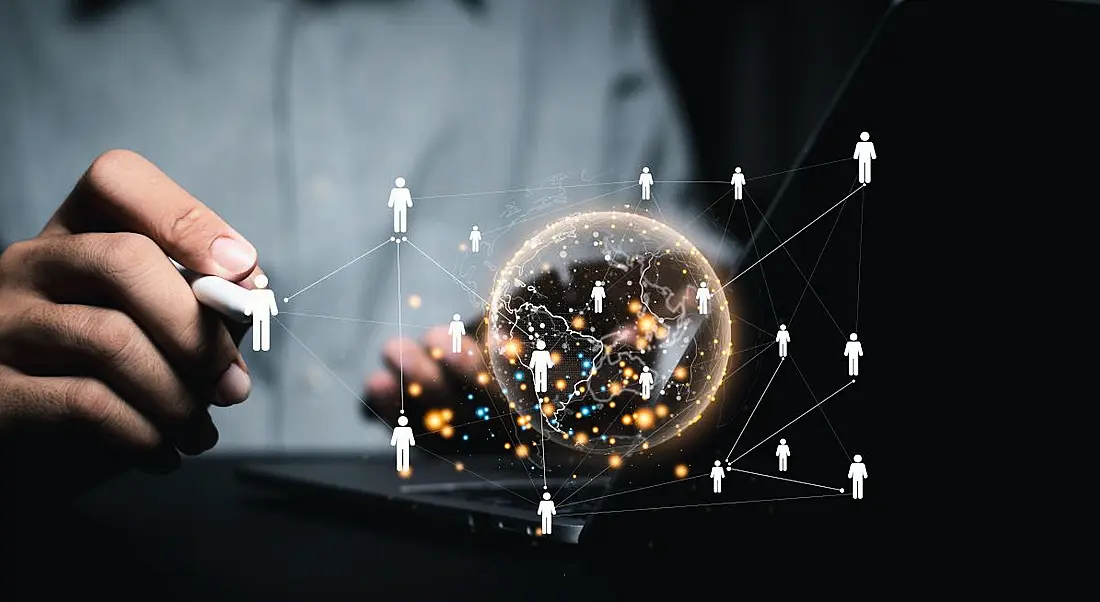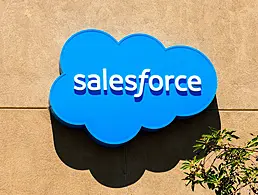BrightHR’s Alastair Brown discusses how the HR sector is being affected by factors such as current tech developments and a global talent shortage.
So far, this decade has been characterised by global upheaval that has spared no business.
The world has changed, but how does HR reflect those changes? This question has many answers, but the deciding force behind many of them, from hybrid work to employee engagement, is tech.
Embracing future tech
HR leaders who drive the people agenda in organisations today must develop their technical knowledge in a variety of key fields. This includes employment relations, workplace health and safety, and – an addition that may catch you off guard – cybersecurity.
That’s right. With tech continuing to not just take a leading role, but set the stage for the future of work, HR leaders have to take their cues from recent tech developments.
10 years ago, the world of work was an entirely different setting. 10 years from today, with AI working with us, the world of work will again look unrecognisable. This is why businesses need to start planning how to incorporate AI into their operations now. And that’s on top of centring people in their goals, who are ultimately at the heart of business development.
The businesses that will not just survive but thrive in the current economy will be those that adapt, change and evolve. That means looking to the future and preparing for what’s to come based on the trends affecting workplaces in the present.
Living global values
Priorities like diversity and inclusion have been hot-button topics in recent years. But now these priorities have to go deeper than just making sure your hiring processes are bringing the best talent to your doorstep.
So, what does it mean to maintain a workplace that is as diverse and inclusive as it should be in 2023? Having diversity of thought at every level of your organisation. This requires factoring in different points of view in discussions, debates and ultimately in the decision-making process.
Living these values will take a lot more than just keeping your door open to all candidates.
Adapting to the talent shortage
Living global values is even more critical when the biggest HR challenge facing small businesses today is a shortage of much-needed talent.
While some parts of the world may be harder hit than others, no country has been spared the effects of this global shortage. Research shows that 77pc of employers around the world are experiencing difficulties with filling job vacancies. A value that brings us to the highest talent shortage in 17 years.
This is a unique position to be in. To know that the world of HR is not only getting more tech-heavy, but that the biggest challenge for SMEs is a talent shortage. It feels almost contradictory, but the next point proves that it’s not as contradictory as it may seem.
Upskilling your workforce
The value of a motivated and engaged workforce that is upskilling consistently has never been higher. SMEs need to strike the right balance between data-driven decision-making and the human element of HR.
Data derived from performance and people statistics are valuable. But nurturing your workforce to overcome the challenges ahead will require HR leaders to analyse feedback from your people – considering their thoughts, feelings and motivations.
This consideration is what empowers businesses to make better decisions for their people. Better decisions that will in time become the long-term solution to the talent shortage.
SMEs cannot afford to lose any people. In today’s global landscape, it’s not just about the cost of hiring and training new people, it’s the fact that those skilled people may not be available in the first place.
Alastair Brown is the chief technical officer at BrightHR. A version of this article was previously published on the BrightHR blog.
10 things you need to know direct to your inbox every weekday. Sign up for the Daily Brief, Silicon Republic’s digest of essential sci-tech news.




